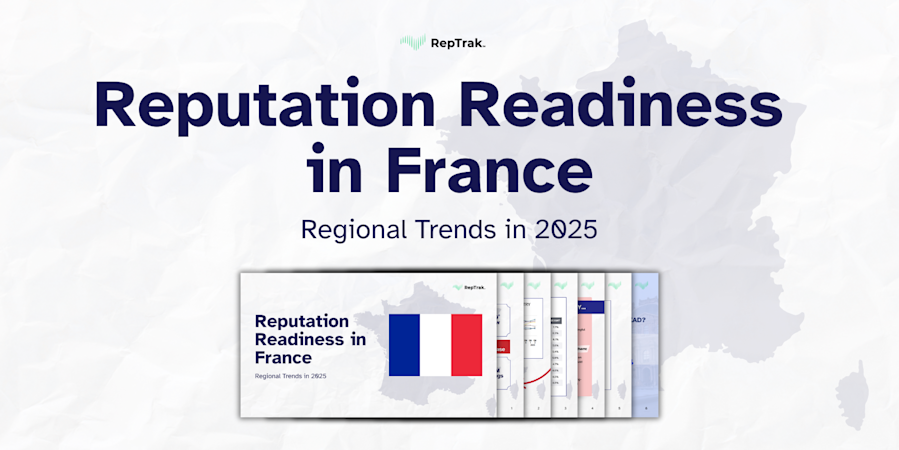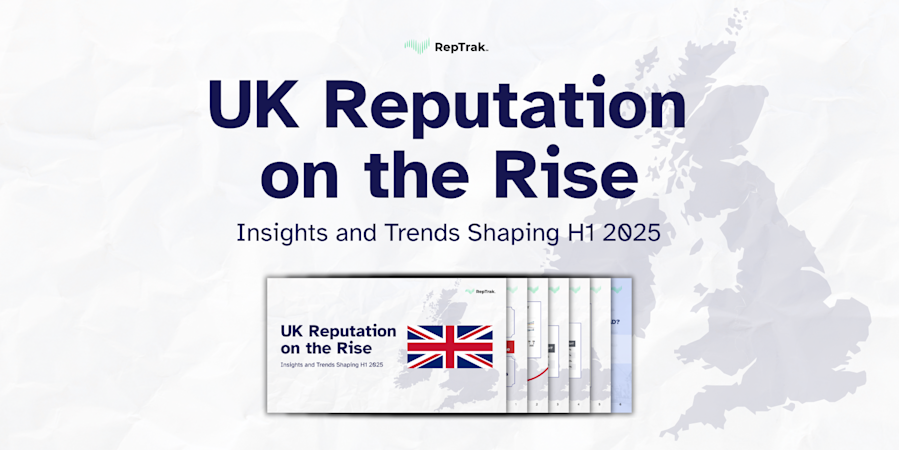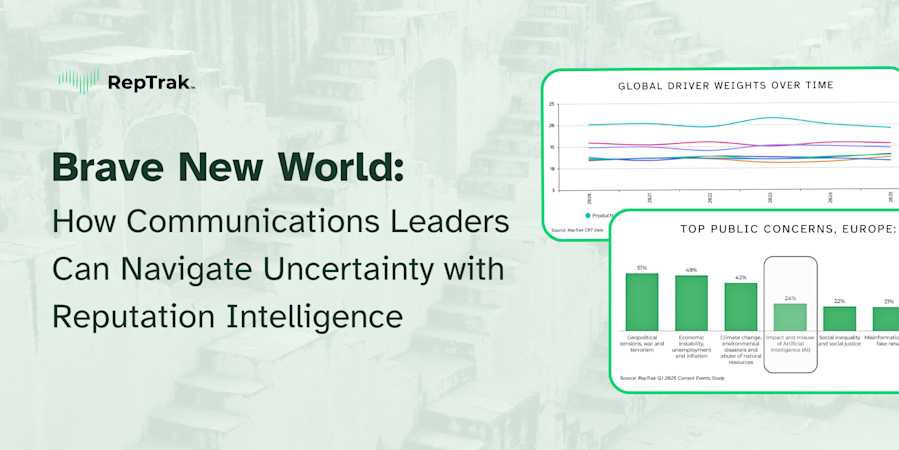Price Transparency: How Hospitals Can Ensure Prices Match Their Reputations
Blog Post28 Jan, 2020
For years, consumers have pushed for more insight into what hospitals charge for services—and why—allowing them to make smarter decisions about where to get care.
While price transparency makes sense for many service-based industries, research shows it’s not as applicable to expert-based services like healthcare. It seems that when it comes to their health, consumers are less likely to shop on price and more likely to shop on reputation.
Healthcare consumers don’t shop on price
A working paper from the National Bureau of Economic Research, Do Pharmacists Buy Bayer? Informed Shoppers and the Brand Premium focused on purchasing patterns of generic and store-brand drugs versus national brand-name options. While pharmacists, physicians, and nurses readily opted to buy generic versions of ibuprofen, consumers consistently opted for brand-name products. This is largely because store brands and generics were perceived by consumers with less medical expertise as substandard to national brands.
The paper’s authors note that “across a range of products, we find strong evidence that more informed shoppers buy more store brands and fewer national brands. Consumer information plays a large quantitative role in health categories.”
Healthcare decision makers are influenced by reputation
The most prevalent and trusted source of consumer information when choosing hospitals isn’t quite as quantitative a list of active ingredients. In fact, research shows that decisions around actual care are far more qualitatively based.
Patients are moved to choose a healthcare provider primarily based on the hospital’s overall reputation and the advice of the physicians and nurses who counsel them.
Studies show that rankings influence patients’ choice of hospital because they are perceived as reliable measures of quality. An increase of even one spot in national or regional rankings can increase the number of non-emergency patients utilizing a hospital, boosting total revenue of specialty services.
Other research has established that word-of-mouth recommendations are especially trusted by women, who make most healthcare decisions, according to government data, particularly from people they know.
Additionally, our Purpose Power Index study, conducted last year with StrawberryFrog, shows that consumers who hold an organization in high regard are more likely to:
Say something positive about them (88 percent)
Recommend the organization (88 percent)
Buy their products and services (87 percent)
It’s not surprising, then, that 58 percent of chief marketing officers we surveyed for the CMO Club identified reputation as a key market differentiator.
These data points show that the drivers that support hospital choice for consumers are focused less on cost and more on standing, creating the possibility of raising prices to match reputation.
Similarly, healthcare analysts have found that reputation, including safety, quality scores, utilization, and rankings, impact contract negotiations with insurers. In some cases, hospitals can justify higher prices based on specialty services or an established reputation for exceptional care.
Pricing should reflect reputation
To capitalize on the power of reputation in the age of transparency, follow these steps to make your pricing reflect your status in the market:
Evaluate where your pricing falls against primary competitors.
Identify opportunities to raise prices in line with reputational peers and to reflect your recognized reputational advantage of specialty lines.
Leverage reputation to justify higher prices.
Encourage healthcare partners (including those in private practice) to recommend your hospital.
Create a reputation marketing program to showcase rankings and customer testimonials via owned, paid, and earned media, as well as internal communications and signage.
Institute or expand a reputation measurement program to generate deeper insights for use in pricing and marketing.
For hospitals with poorer reputations, increasing prices may not be an immediate option. These institutions may need to focus on core operational improvements in clinical care, patient satisfaction, and employee engagement to build stronger reputations that support higher pricing.
Also, it’s worth noting that, often, hospitals in rural or disadvantaged communities do not have any competition, and therefore, will offer a lesser quality of care—in addition to not having revenue based on patient composition or socioeconomic status.
That said, pricing can be a challenge for many hospitals and health systems. Using reputation as a lever to boost pricing is a smart and logical way to improve the bottom line.
Sven Klingemann, PhD Research Director The RepTrak Company [email protected]






